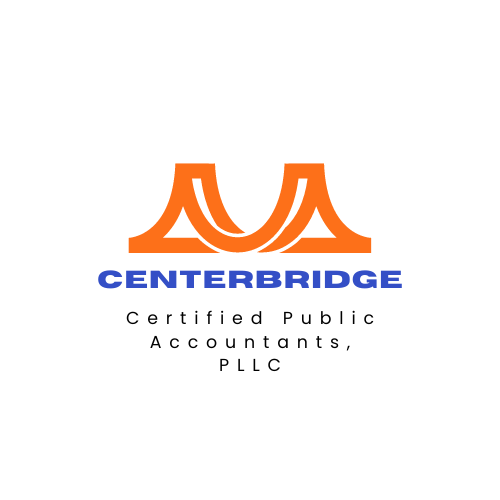Weigh Your Options
It’s a difficult choice between repaying your debt and saving for your future retirement. Which one do you choose to get the maximum benefit and results?
If you have a debt and also want to save for retirement, consider this easy process:
- Examine your debt. As you analyze your debt, pay attention to interest rates and fees. Calculate how long it will take you to repay the debt under various payment schedules.
- It’s essential to have a clear picture of your debt before choosing an option.
- Examine your retirement savings. Note how much you’ve already saved and how much you may need in the future. You can find online calculators that help you estimate the cost of living for your retirement age.
- Also, consider how your work handles retirement plans. Are you enrolled in a pension plan or other program?
- Calculate your percentage. What percentage of your paycheck goes to retirement plans? Experts recommend putting at least 15% of your pay into a plan. However, you may need a higher or lower amount based on your lifestyle and location.
- Consider financial counseling. Would you benefit from meeting a professional counselor who can go over your finances? Financial planners can help you manage your money best, based on your situation.
- If you’re having difficulties making a decision, you may want to turn to professionals. They can help you examine your debt and retirement savings. They can assist you in building a plan to balance your financial circumstances.
- Consider the impact of your debt. Do you have your debt under control, and can you make payments on time? If you’re struggling to stay ahead of the fees, then you may want to repay the debt first.
- You may also want to consider the impact of losing your job on the debt. A job loss or other situation, such as a medical emergency, may affect your ability to pay the debt.
- If you fall behind in your debt, then you may face high fees, court orders, wage garnishments, and other consequences. You may also be faced with the decision to file for bankruptcy.
- On the other hand, not saving for your retirement may hurt you in the future. However, it’s unlikely to hurt your current financial situation or hurt your family now.
- Unless your investments pay a higher interest rate than the debt costs you, experts recommend taking care of debt before putting extra money into retirement savings, you’re losing money every month to fees and interest rates. You may also want to make payments for both the debt and the retirement for a more balanced situation.
- Make the decision. Ultimately, the decision to repay your debt or save for retirement is in your hands. Although you may get advice from family, friends, and experts, you’ll be the one facing the consequences of either choice, so you’ll want to think carefully before you make a decision.
- You may want to make the traditional pros and cons list to consider your options.
Before you pick paying your debts or saving that money for a retirement plan, you may want to weigh your options. It’s essential to consider the benefits and consequences of both financial decisions.

Avoid The Critical Financial Mistakes Made By Real Estate Pros
Failing in the financial basics will doom your business. Get our free e-book "The Real Estate Pro's Guide to Financial Success" to see if you are set up for success.

